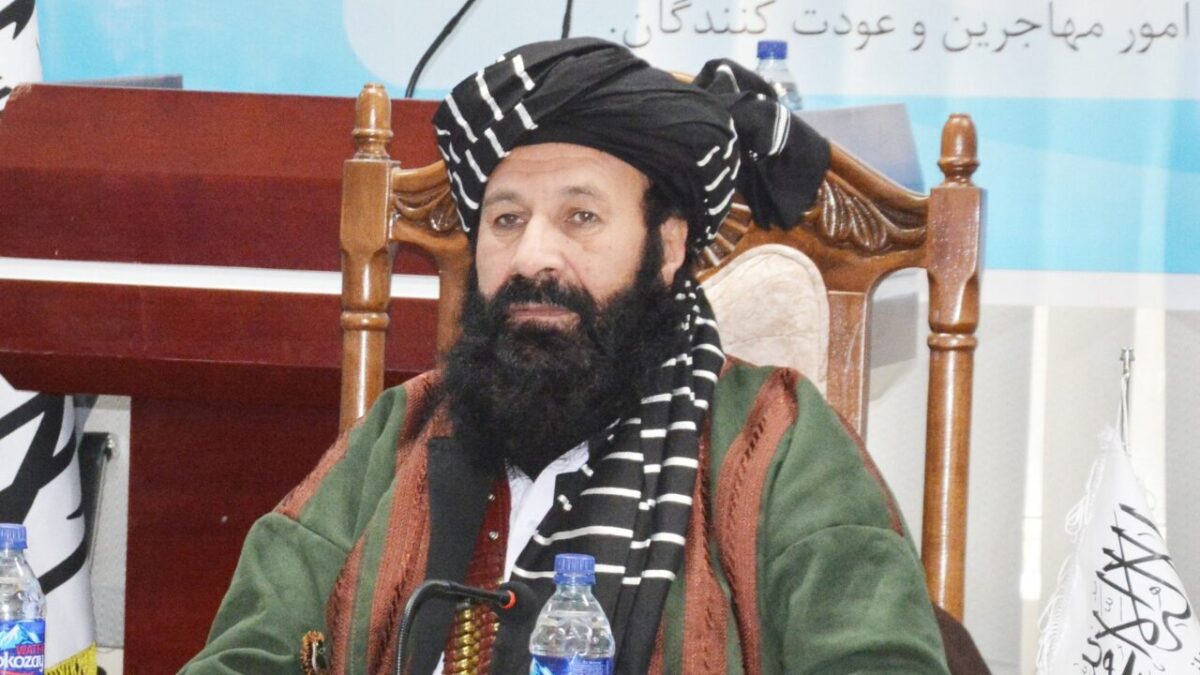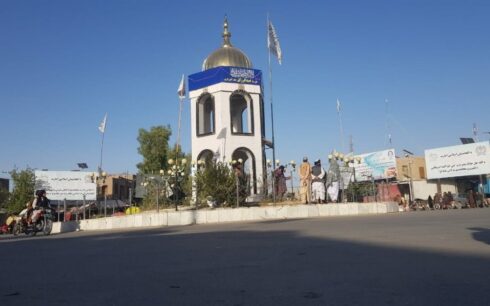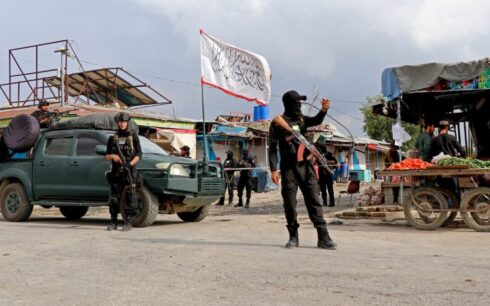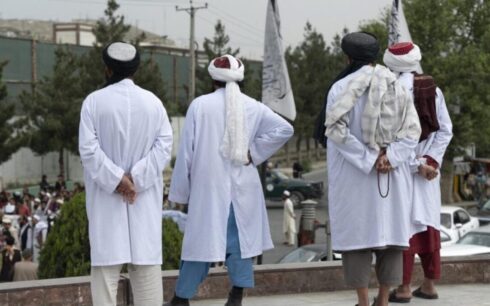KABUL, Afghanistan — Taliban intelligence forces have arrested 30 members of the security team at the Ministry of Refugees and Repatriation in connection with the assassination of Khalil Rahman Haqqani, the Taliban’s minister for refugees, sources said.
Haqqani was killed on Wednesday, December 11, in a suicide bombing claimed by the Islamic State Khorasan (ISIS-K) after returning from a meeting at the presidential palace where he performed the afternoon prayers.
The attack occurred outside a mosque within the ministry’s compound as Haqqani greeted visitors, sources said. The explosion also killed five of his bodyguards.
Suspicions and internal rifts
The assassination has raised questions about internal divisions within the Taliban. Notably, senior Taliban leaders, including Hibatullah Akhundzada, the Taliban’s supreme leader; Hassan Akhund, the Taliban chief minister; and key figures such as Taliban Defense Minister Mohammad Yaqoob Mujahid and Taliban Higher Education Minister Neda Mohammad Nadeem, did not attend Haqqani’s funeral.
During the funeral, Abdul Kabir, the Taliban’s deputy chief minister for political affairs, remarked, “In the recent Kandahar meeting attended by all cabinet members, Khalil-ur-Rahman Haqqani spoke with courage and resolve in the presence of Hibatullah Akhundzada.”
The absence of key figures has fueled speculation about growing tensions between the Haqqani network and the Kandahari faction of the Taliban leadership.
Analysts point to multiple factors
Shah Mahmood Miakhel, a former deputy defense minister of Afghanistan, described the assassination as a multidimensional event tied to both internal Taliban rivalries and external influences. He suggested Pakistan’s intelligence agency may have played a role, given the Haqqani network’s ties to the Pakistani Taliban.
“It’s common for ISIS-K to claim responsibility, but the rift between the Haqqani network and the Kandahari Taliban is evident,” Miakhel said. “The involvement of Pakistani intelligence cannot be ruled out.”
Arian Sharifi, a security analyst, echoed these concerns. “While ISIS-K claimed the attack, the internal discord within the Taliban and the Haqqani network is undeniable. Similar claims have been made in previous attacks targeting senior Taliban figures.”
The funeral was attended by hundreds of political and tribal figures from both Afghanistan and Pakistan, underscoring the Haqqani network’s extensive influence.
Khalil Haqqani, originally from the Gardi Sari district of Paktia province, was known for his luxurious four-story residence, reportedly named after a Haqqani suicide bomber, Hedayatullah Fidai.





